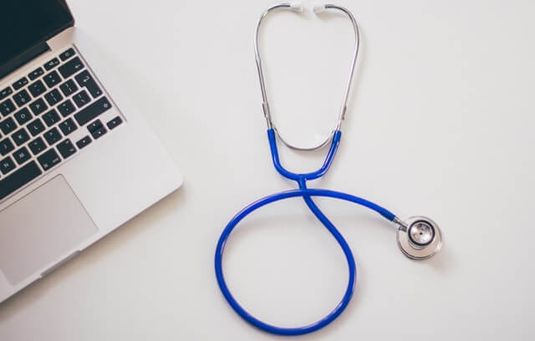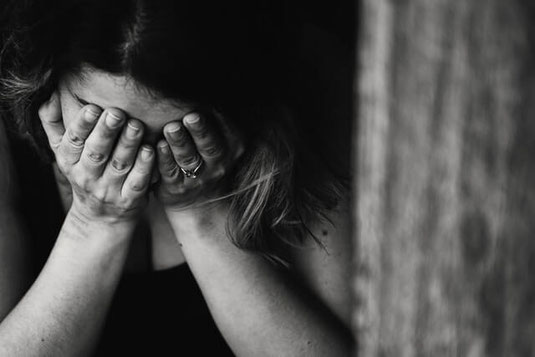
In last week's Southern Star, my column explored the problem of health anxiety. The column is reproduced below.
All of us occasionally worry about our health. For some people, however, the worry is not occasional, but persistent and excessive. How is health anxiety different to other forms of anxiety and how can it be treated?
Some anxious people will worry about their health, but no more so than they worry about other everyday concerns, like money, family, work problems, and so on. Health anxiety, or hypochondria as it is often referred to, is different to generalised anxiety disorder.
With health anxiety, your anxiety and focus is overwhelmingly health-related. Minor symptoms become catastrophised (“could that mole be a melanoma?”) and you become gripped by “what if?” thoughts. You frequently seek reassurance from doctors, but negative test results and the doctor’s comforting words don’t assuage your anxiety for any length of time. What if the doctor missed something? What if he did the wrong test? Should I get a second opinion?
Health anxiety can be seen in perfectly healthy people, in people with real but unexplained medical symptoms, and in people with a diagnosed medical condition. The issue isn’t whether your symptoms are real, but whether you’re responding to them in a helpful or unhelpful way.
Health anxiety resembles obsessive compulsive disorder (OCD) in many respects. Indeed, some researchers see health anxiety as a form of OCD, with people gripped by health-related obsessions and compulsions. Could this cough be the first symptom of cancer? I keep getting palpitations, am I getting a heart attack? What if my doctor missed my symptoms? Maybe he misinterpreted the test results? A man coughed near me, could I get AIDS? I’ve been urinating more than usual, could it be diabetes?
Just as health-related thinking tends to be obsessive, sufferers engage in compulsions to try and get relief. These might include repeatedly checking your body for signs of illness, repeatedly visiting doctors, asking friends or family for reassurance, avoiding people or places where you might “pick something up”, googling signs and symptoms of particular illnesses, avoiding radio and TV shows where you fear you might hear about some medical issue or another – the list goes on.
Health anxiety can be trickier to treat than OCD in that OCD sufferers generally know their obsessions are irrational and are more likely to seek help for their anxiety. In contrast, people with acute health anxiety often have less awareness and are more likely to believe their problem is physical rather than mental; thus, they may seek medical rather than psychological help. That’s a terrible pity, as health anxiety can cause significant mental agony.
HEALTH ANXIETY TREATMENT

Diagnostic mental health manuals see health anxiety and OCD as distinct problems, although psychological treatment is very similar in both instances. Psycho-education, learning to tolerate uncertainty, not engaging in safety behaviours and compulsions (these provide temporary relief but ultimately keep the anxiety cycle going), gradually exposing oneself to feared situations and learning to better tolerate discomfort – all these play an important part in treating both health anxiety and OCD.
If you experience health anxiety, you probably have positive beliefs about worry and think worrying will keep you safe. It won’t; it will keep you miserable. Worrying won’t bring you the certainty you crave. Nothing is ever 100 per cent certain; to borrow from an example given by psychologist Dr Peter McAvoy in The Conversation website, it’s possible (extremely unlikely, but possible) that I have a brain tumour that I’m as yet unaware of, but I’m willing to accept this and to focus on completing this article.
Your focus may be on the perils of ill health, but what about the perils of health anxiety – the sleepless nights, the arguments with your frustrated partner, the missed social engagements, the missed job opportunities, a risk-averse life that becomes smaller with each passing year? Is it really worth sacrificing your happiness for an illusory sense of safety?
All of us will eventually die – how or when, we don’t know. Strive to accept and embrace this uncertainty. As Dr McEvoy points out, you must decide which epitaph you would prefer when the inevitable end comes: ‘lived decades in misery and fear of death’, or ‘didn’t see that coming but my life was far richer for it’.